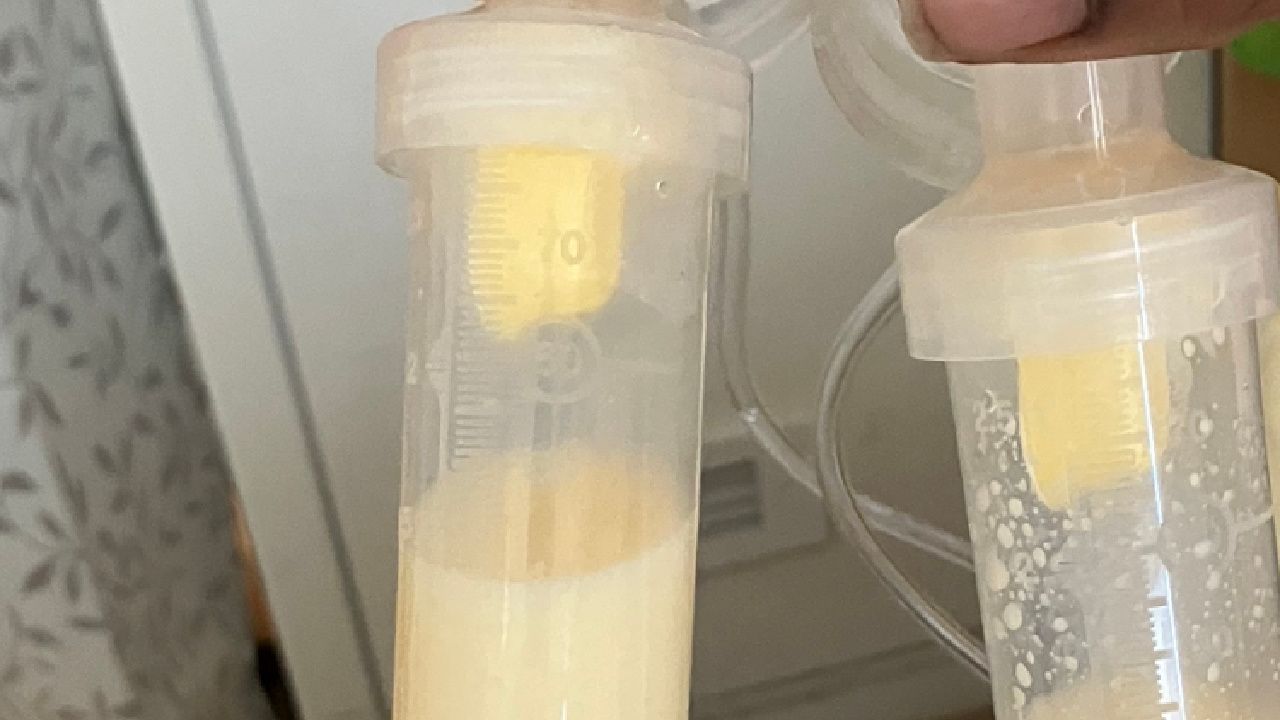7 Facts about the PUMP Act
May 29, 2023
The PUMP Act went into full effect this month in the United States. Here are 7 things to know about this new law.
#1 Full name
The full name of the PUMP Act is Providing Urgent Maternal Protections for Nursing Mothers Act. Congress passed the legislation on December 29, 2022 but it was rolled out in phases to give employers time to prepare for the new requirements.
#2 Background
A pumping protection provision was included in the 2010 Obama Administration’s Affordable Care Act. That required employers to provide nursing mothers “reasonable break time” and a private space “other than a bathroom” for one year after a child’s birth.
#3 Tightens the loopholes
The 2022 PUMP Act tightened loopholes revealed in the 2010 provision. Over time it was revealed that it didn’t apply to approximately nine million workers of childbearing age who were exempt from overtime pay (including those who have managerial duties, work in certain industries, like transportation or agriculture, or work on commission). The new Pump Act provides coverage to those 9 million workers. The exceptions now are airline crew and pilots because of airline industry objections. It also doesn’t apply to certain coach bus and railway workers until 2025.
The new law covers employees for one year after a child’s birth.
#4 Definition of pumping space
The law states that a pumping space must be “a place, other than a bathroom, that is shielded from view and free from intrusion from coworkers and the public, which may be used by an employee to express breast milk.” It can be permanent or temporary, like a vacated office. The Department of Labor notes that the space must also be “functional,” which means it ideally “has a surface, is close to running water and there is some refrigeration nearby that can be used to store the milk.”
#5 It's the law
Under the PUMP Act, if workers are not provided with breaks and adequate space, they can file either a complaint with the Department of Labor or a lawsuit against the employer. If an employer is found liable, the worker would be entitled to “meaningful remedies,” including recovery for lost wages, attorney fees or punitive damages for emotional distress or health complications related to the inability to pump.
#6 Interesting Facts
- Telehealth workers are covered. “Workers who telework must also be free from observation by any employer-provided or required video system, including computer camera, security camera, or web conferencing platform.” Fact Sheet see #7
- A bathroom is not an adequate space.
- Something like a closet would likely not be considered an adequate space.
- Employers with fewer than 50 employees are not subject to the FLSA break time and space requirements if compliance with the provision would impose an undue hardship.
#7 Helpful Fact Sheet
Link to Fact Sheet from the Wage and Hour Division, United States Department of Labor
https://www.dol.gov/agencies/whd/fact-sheets/73-flsa-break-time-nursing-mothers
References
- Alisha Haridasani Gupta, Catherine Pearson. A New Breast Pumping Law Has Gone Into Effect. Here’s What It Means. The New York Times. May 3, 2023 https://www.nytimes.com/2023/05/03/well/family/pump-act-breastfeeding.html
Subscribe to our Blog
Join our mailing list to receive the latest blog posts, courses and updates from our team.
We hate SPAM. We will never sell your information, for any reason.

